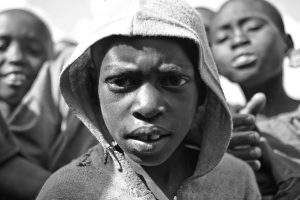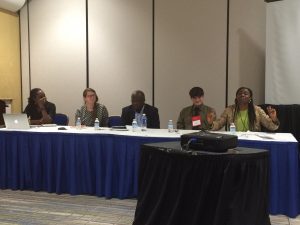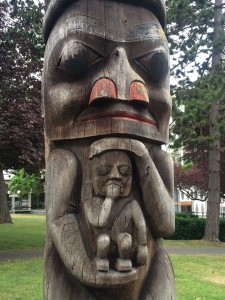 Temilola Alanamu, a Leverhulme Early Career Fellow at the School of History, University of Kent and Prof Benjamin Lawrance, Hon. Barber B. Conable, Jr. Endowed Chair of International and Global Studies at the Rochester Institute of Technology will co-chair the Childhood in Africa Stream at the ASAUK conference in September 2016.
Temilola Alanamu, a Leverhulme Early Career Fellow at the School of History, University of Kent and Prof Benjamin Lawrance, Hon. Barber B. Conable, Jr. Endowed Chair of International and Global Studies at the Rochester Institute of Technology will co-chair the Childhood in Africa Stream at the ASAUK conference in September 2016.
The stream is partly funded by the Department of History’s Internationalisation Award and will include sixteen participants from six countries across four panels.
The panels titled: The economy of childhood in African history, Representing the African Child in Postcolonial Africa, Evaluating Childhood, Youth and politics in colonial Africa, Child Rights and Reform in Africa will consider the histories of childhood in pre-colonial, colonial and postcolonial Africa. Contributors will examine the multiplicity of expectations, limits and experiences of childhood from the perspective of children, from the view of those with whom they came into contact, and those who contemplated their welfare on the local, national and international platform. Panels within this stream interrogate how concepts of childhoods have been defined, redefined, debated and negotiated across time, cultural and geo-political boundaries reflecting the concerns of those at the centre and margins of society. They also consider the effects of these definitions on children’s lives and their strategies for negotiating fluid boundaries in various historical contexts. Papers explore the gendered, racial and age limitations of childhood and both the changes in and resilience of childhood experiences during moments of stability, struggle, conquest and independence.



